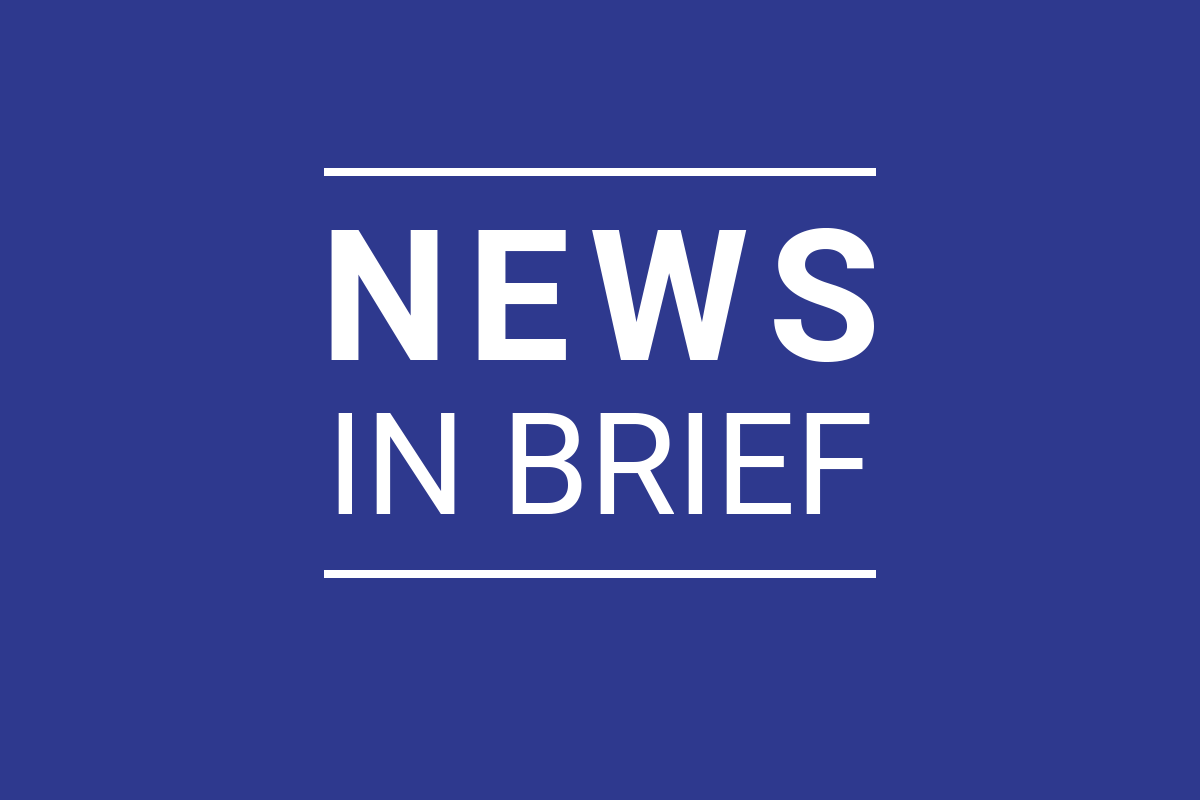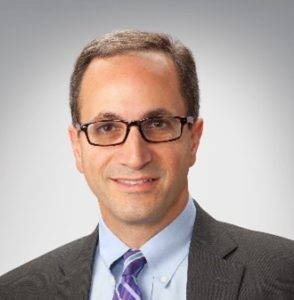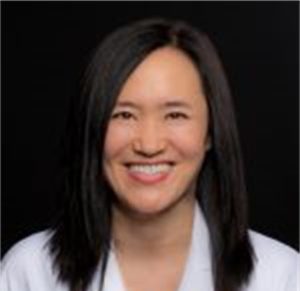
News in Brief, December 2022
December 20, 2022
Aurora NCORP Pilots Natural Language Processing Tool to Find Patients with Pancreatic Cysts for EA2185
December 20, 2022Trial Spotlight: Robert Ferris and Christine Chung on the EA3132 Trial for Patients with Head and Neck Cancer

Phase II Randomized Trial of Radiotherapy with or without Cisplatin for Surgically Resected Squamous Cell Carcinoma of the Head and Neck with TP53 Sequencing
By Robert L. Ferris, MD, PhD
And Christine Chung, MD
Approximately 50% of patients with head and neck cancer undergo surgery; however, for patients with advanced locoregional disease with high-risk features, recurrence rates following surgery alone are high, prompting several decades of research into postoperative treatment strategies.
Until recently, the risk stratification for postoperative management of patients with stage 3/4 squamous cell carcinoma of the head and neck (SCCHN) has been based on clinical features only. Now, advances in genomics and clinically feasible turnaround time for tumor DNA sequencing have led to efforts to identify patients at higher risk of recurrence, with the disruptive p53 mutation of particular interest as a potential integral biomarker to stratify risk in this patient population.
The EA3132 phase 2 randomized trial is examining whether the addition of cisplatin to postoperative radiotherapy (PORT) will provide a survival benefit to patients with p53-mutated, surgically resected, stage 3/4 SCCHN.
The trial has a simple design that is easy to explain to potential participants. After tissue submission for stratification based on p53 mutation status, patients in EA3132 are randomized at Step 1 to one of two treatment arms: 6 weeks of PORT or PORT plus IV cisplatin, administered once per week during the 6 weeks of radiation. The disruptive p53 mutation testing is performed by Foundation Medicine at no charge to the patient.
For EA3132 to reach its accrual goal, we ask sites to keep this trial top of mind as a treatment option for your SCCHN patients and conduct timely screening of potentially eligible participants. With a current enrollment of 117 patients, EA3132 is more than halfway to its accrual goal of 189 participants. Although the study has been open since 2015, as with many trials, accrual slowed during the pandemic.
We strongly encourage early referral by the surgical team for trial eligibility, so that the surgical tissue sections can be sent to Foundation Medicine for DNA sequencing, and medical and radiation oncology will be ready when the patient’s p53 result comes back. We have found that the primary reason patients with positive p53 results are not enrolling is timing, as patients must be randomized to Step 1 within 8 weeks of surgery. We encourage sites to discuss the trial with your potentially eligible patients prior to surgery.
An amendment to EA3132 last fall added an important exploratory companion study of financial toxicity and delay to diagnosis. Racial disparities in this patient population have been well-documented, with data suggesting that Black patients with SCCHN present with more advanced disease, and that even those who have insurance experience financial burdens. Additionally, patients with oral cavity cancer may be more likely to require multimodality therapy if there has been a delay in diagnosis. The primary objective is to assess delays in definitive diagnosis for Black patients with SCHNN enrolled in EA3132. The secondary objective is to assess levels of financial toxicity of Black trial participants.
For the companion study, all patients newly enrolled in EA3132 are asked to complete a questionnaire at baseline and ~3 months after completion of their RT or chemoRT. The questionnaire, which will take patients about 10-15 minutes to complete, includes 17 items drawn from elements of the Comprehensive Score for Financial Toxicity (COST), the Medical Expenditure Panel Survey (MEPS), and Census Bureau questionnaires. Sites with questions about this aspect of the study are encouraged to contact Dr. Kedar Kirtane (Kedar.Kirtane@moffitt.org).
We want to remind sites that if you have not already done so, you can still open EA3132. The EA3132 study has the potential to be practice-changing by helping to determine whether the presence of p53 mutation, as well as other characteristics that may be found in SCCHN tumors, can serve as signals to identify those patients who can benefit from chemoradiation.
Learn more about EA3132 at ecog-acrin.org.
Dr. Ferris (University of Pittsburgh Medical Center/Hillman Cancer Center) is the study chair for this trial, and co-chair of the ECOG-ACRIN Head and Neck Cancer Committee.
Dr. Chung (Moffitt Cancer Center) is a study co-chair.
Thomas Galloway, MD (Fox Chase Cancer Center), is the radiation oncology co-chair.
![ECOG-ACRIN logo[19516]275×75](https://blog-ecog-acrin.org/wp-content/uploads/2021/03/ECOG-ACRIN-logo19516275x75.png)


